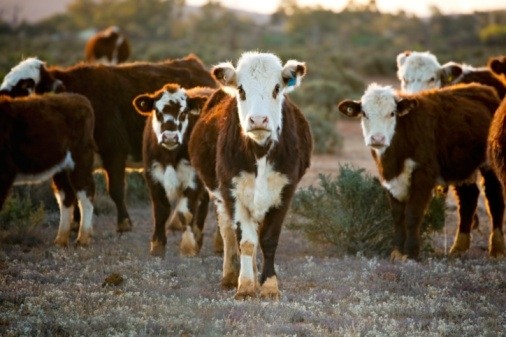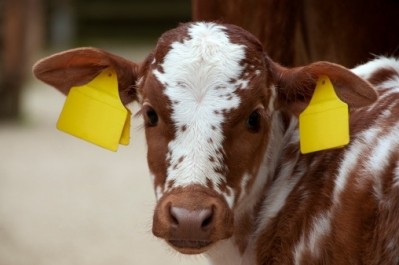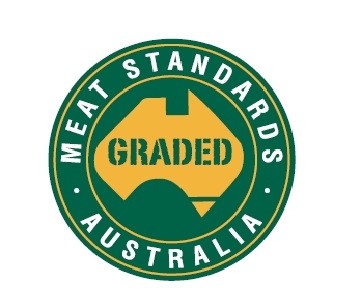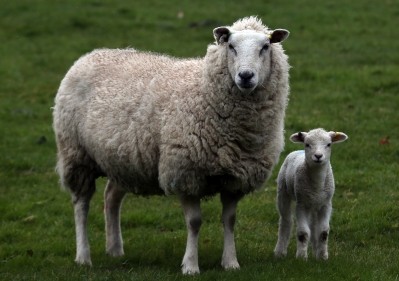Shake-up at Meat and Livestock Australia, as industry grumbles about funding

The MLA’s new managing director Richard Norton, who took over the marketing and research agency in May, expects a fall in levy revenue from producers of about AU$6 million (US$5.6m) over the coming two years, because record cattle sales over the previous two years are unlikely to be repeated. An AU$5 transaction fee per head of cattle sold goes to the MLA.
The response has been budget cuts matching this amount and also a reduction in fixed costs to boost the MLA’s efficiency. Also, the company’s research on livestock production will be scrutinised, following a strategic research review last year. Its 11 recommendations include improving transparency on funding allocations and focusing on larger, long-term projects.
Norton also wants to enable levy payers to have more influence over research priorities: "Having this level of direct consultation will be resource-intensive, but this structure will allow true two-way engagement on the levy investment," he told a radio interview last month (August).
These reforms and budget problems come amid complaints from producers about the return on investment of a cattle levy they pay, which have been highlighted thanks to an inquiry conducted by the rural and regional affairs committee of the Australian senate.
Even though Australia has been experiencing record cattle exports, it has been hit by low farmgate prices – so farmers claim they do not get enough service for the levy. The senate committee chair, West Australia’s senator Glenn Sterle, told Australia’s public TV channel ABC: "It seems everybody is making money from beef except the poor bugger on the land."
At a public hearing Greg Brown, the former head of industry body the Cattle Council of Australia, described the relationship between the sector and its marketing and research agency akin to "the servant paying the master".
The senate inquiry has confirmed what the industry has complained about for a long time: producers of grass-fed beef are paying the bulk of the levies – AU$54m (US$50m) a year, while grain-fed producers pay US$8m. Yet graziers with grass-fed cattle only receive 15% of that money back in research value.
Those producers therefore want greater transparency in how funds are spent. And they are not the only ones. At another senate hearing, officials from the Federal Department of Agriculture also found transparency was an issue with the MLA.
Meanwhile, David Byard, executive officer of the industry body Australian Beef Association, feared the reforms would not end the grievances between the cattle-producing sector and the MLA, although he added: "Let’s hope the MLA is serious about a new start." He noted: "A few months back, the MLA sent a report to the senate, stating what a fantastic job it was doing. And now, after the inquiry – suddenly this revamp."
Byard said he found the whole procedure "a bit suspicious"; in his eyes a well-managed entity behaves differently. He welcomed the abilities of the new managing director, however: "Norton is a hard-nosed businessman... he comes from the private sector and there is hope that he will insist on the right changes."
Mary Johnson, manager for communications and stakeholder relations at the Cattle Council, was positive: "We are supportive of the changes. Any moves to provide more consultation on levy expenditure is beneficial to producers and we feel well-placed to assist with facilitating consultation."










